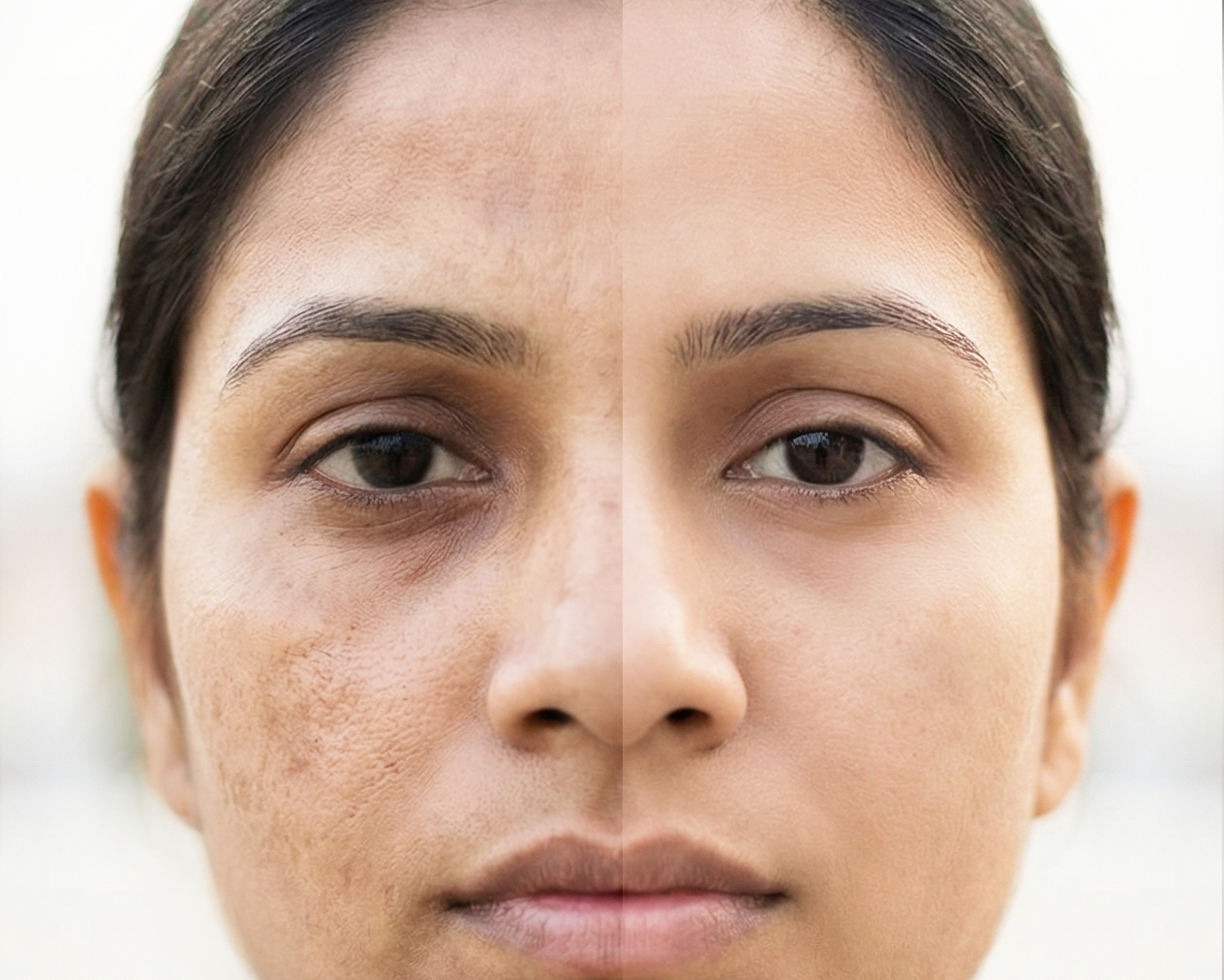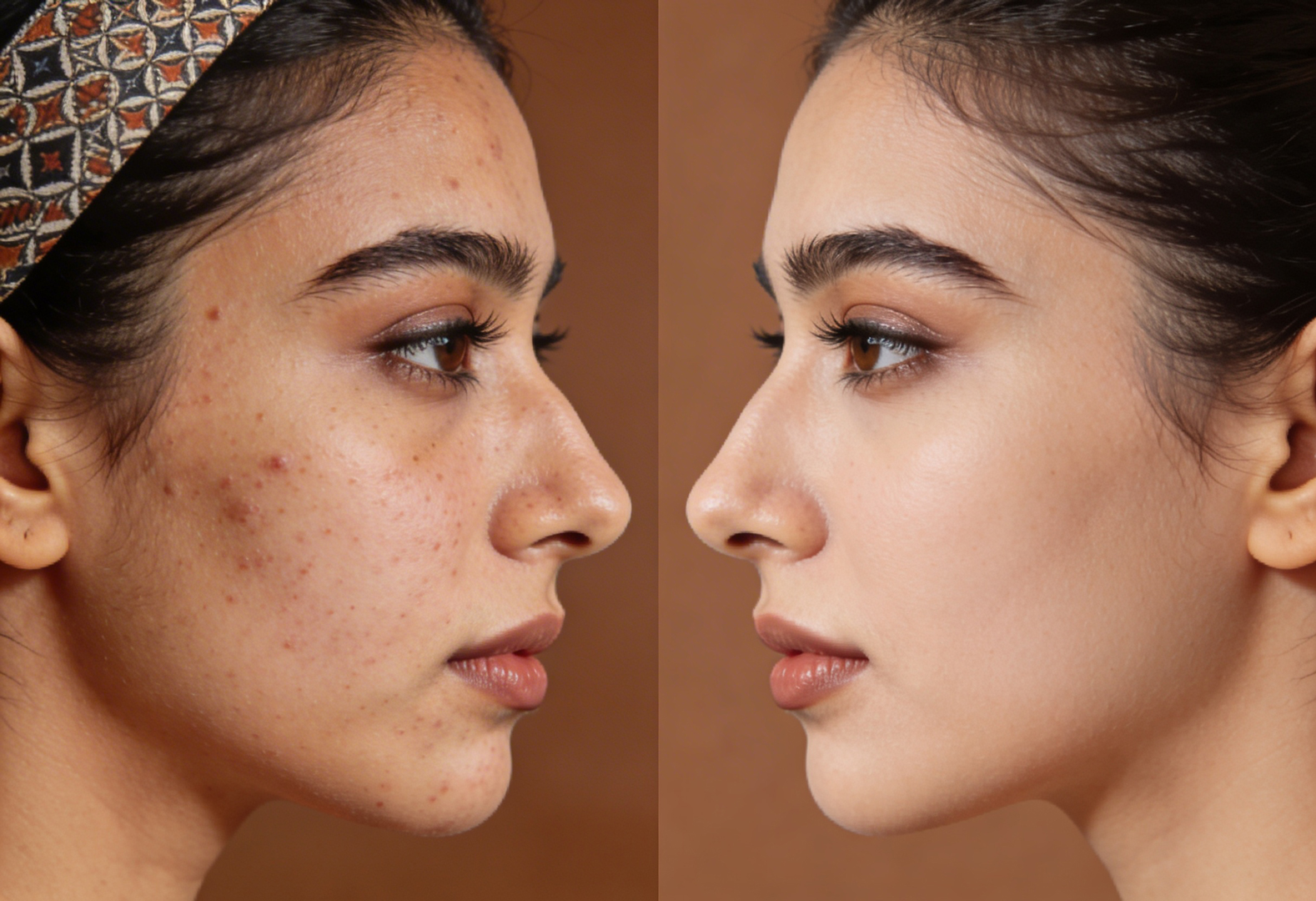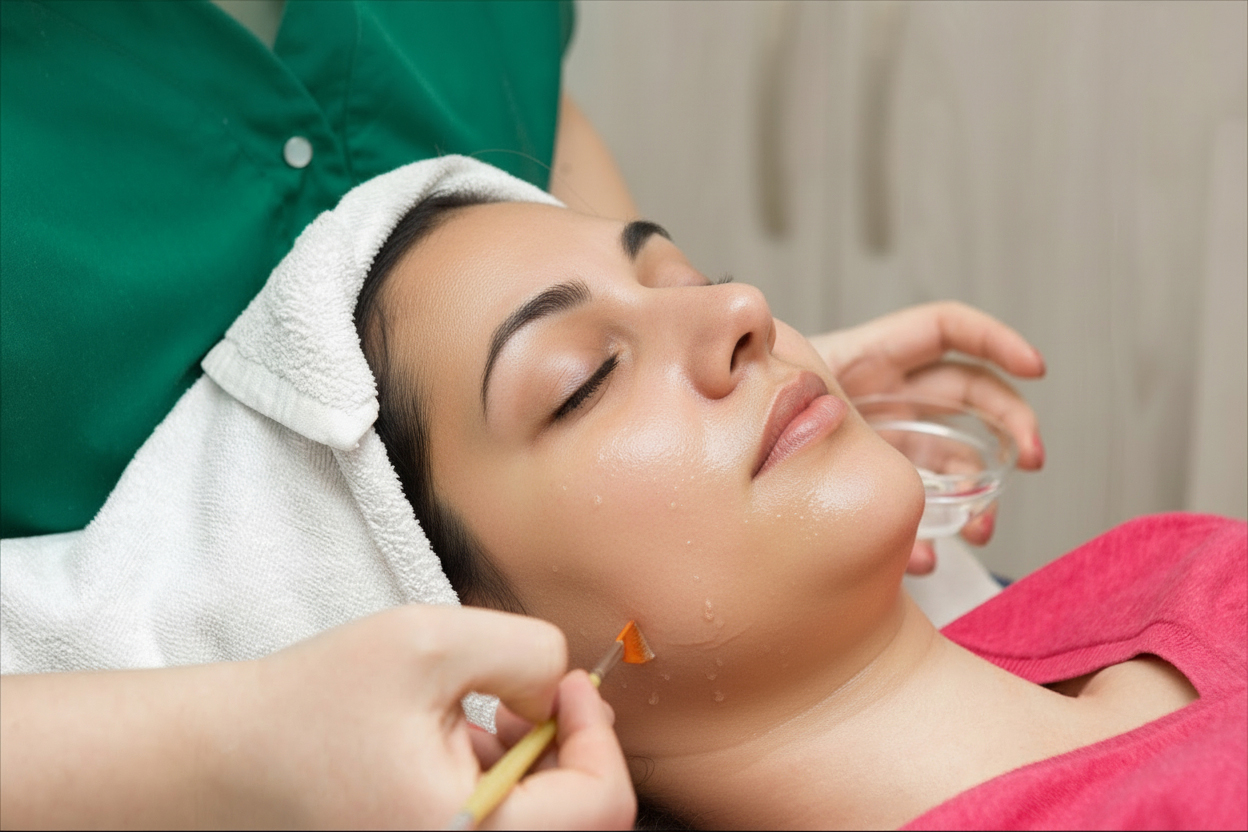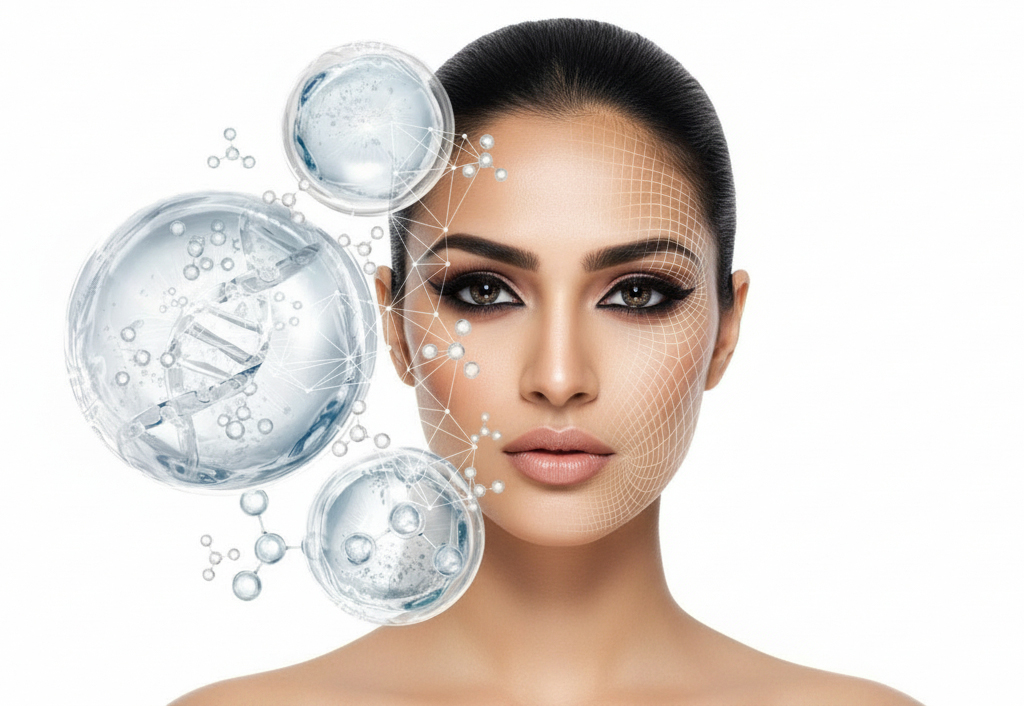Understanding Hair Loss Causes Prevention -Hair Care Tips
Hair loss is a prevalent issue that impacts a vast number of individuals globally, irrespective of their age or gender. The loss of hair can profoundly affect a person’s self-confidence and overall state of being.
In this blog post, we will delve into the causes of hair loss, explore preventive measures, and discuss various treatment options available to combat this issue. Understanding the root causes of hair loss and taking proactive steps can help individuals regain their confidence and maintain a healthy head of hair.
Causes of Hair Loss :
Hair loss can manifest as a result of various factors. Understanding the underlying causes is essential for implementing appropriate prevention and treatment strategies. Presented below are several typical causes for experiencing hair loss:
1. Genetics:
Genetics stands as the leading factor behind the majority of hair loss cases. Male pattern baldness (androgenetic alopecia) and female pattern baldness are hereditary conditions that can lead to permanent hair loss.
2. Hormonal Changes:
Hormonal imbalances, such as those experienced during pregnancy, menopause, or thyroid disorders, can contribute to temporary or permanent hair loss.
3. Medical Conditions:
Certain medical conditions like alopecia areata, scalp infections, autoimmune disorders, and nutritional deficiencies can trigger hair loss.
4. Lifestyle Factors:
Poor nutrition, excessive stress, lack of sleep, and harmful hair care practices (such as excessive heat styling or tight hairstyles) can lead to hair loss.
Prevention of Hair Loss :
While some causes of hair loss cannot be prevented, there are several measures individuals can take to minimize the risk and maintain healthy hair:
1. Balanced Diet:
Consuming a nutrient-rich diet, including protein, vitamins (especially vitamin D and biotin), minerals (such as iron and zinc), and omega-3 fatty acids, promotes hair health and growth.
2. Gentle Hair Care Practices:
Avoid using harsh chemicals, excessive heat styling, and tight hairstyles that can damage the hair follicles and lead to hair loss. Opt for gentle shampoos and conditioners suitable for your hair type.
3. Stress Management:
Engaging in stress-reducing activities like exercise, meditation, and yoga can help prevent hair loss associated with stress.
4. Regular Scalp Care:
Maintain a clean and healthy scalp by washing it regularly with a mild shampoo. Rubbing the scalp enhances blood flow and boosts the growth of hair.
Treatment Options for Hair Loss :
Several treatment options are available to address hair loss, depending on the underlying cause and individual circumstances. Here are some common approaches:
1. Medications:
FDA-approved medications like minoxidil and finasteride are commonly prescribed to slow down hair loss and stimulate regrowth. These medications are available in various forms, including topical solutions and oral tablets.
2. Hair Transplantation:
Hair transplantation involves the surgical transplantation of hair follicles from areas of the scalp with healthy hair growth to areas with thinning or balding hair. It offers a long-lasting remedy for hair loss.
3. Low-Level Laser Therapy (LLLT):
LLLT uses red light or laser diodes to stimulate hair growth. It is believed to increase blood flow to the hair follicles, promote cell metabolism, and enhance hair growth. LLLT can be done at home using devices like laser combs or in-clinic treatments.
4. Platelet-Rich Plasma (PRP) Therapy:
PRP therapy involves injecting concentrated platelets derived from the patient’s blood into the scalp. Platelets contain growth factors that stimulate hair growth and improve hair density.
5. Scalp Micropigmentation:
This technique involves tattooing the scalp with pigments that resemble natural hair follicles. It is primarily used to create the appearance of a fuller head of hair for individuals with extensive hair loss.
Hair loss can be distressing, but it is important to address the issue proactively. Understanding the causes of hair loss and taking preventive measures can significantly reduce the risk and promote healthy hair growth. Maintaining a balanced diet, adopting gentle hair care practices, managing stress levels, and practicing regular scalp care are key preventive measures that individuals can incorporate into their daily routines.
Remember, each individual’s situation is unique, and it is essential to consult with a medical professional, a trichologist, or a leading dermatologist like Dr.
Nisha Srinivas from Anlon Art Salon to determine the most suitable treatment option. With advances in science and technology, there is hope for individuals struggling with hair loss to regain their confidence and enjoy a healthy head of hair once again.




